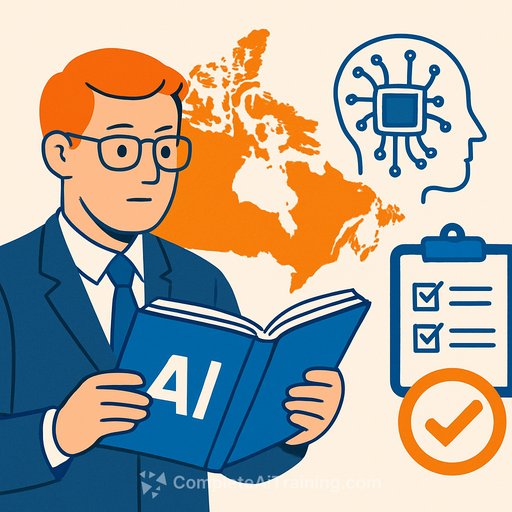Google's AI Overview Misses the Mark on Life Insurance More Than Half the Time
If you’ve recently asked Google about life insurance, you may have noticed a handy AI overview popping up at the top of the results. It’s quick, convenient, and promises to answer your questions without endless scrolling. But a new study from Choice Mutual reveals you need to take those answers with a big dose of skepticism—especially on financial topics like life insurance.
The study found that Google's AI overview gets life insurance questions wrong 57% of the time. Medicare answers fare better but still contain errors that could lead to costly mistakes. For professionals in insurance, this is a critical warning: relying on these AI responses without verification can mislead clients and affect decisions.
AI Mistakes That Could Cost Money
Choice Mutual’s analysis looked at 1,000 common queries—split evenly between life insurance and Medicare. Each AI-generated response was reviewed by experts. The takeaway? Over half of the life insurance answers contained inaccuracies. Medicare responses were more accurate but still had a 13% error rate, with some mistakes that might cause serious financial consequences.
One example: a query about "life insurance for seniors over 85 no medical exam" led the AI to suggest guaranteed issue life insurance. While this coverage doesn’t require medical exams, experts note it’s typically unavailable to people over 85. Another Medicare-related error involved enrollment rules. The AI suggested you could delay Medicare enrollment without penalty if covered by employer insurance, but that only applies if the employer has more than 20 employees. Smaller employers or self-employed individuals face penalties for late enrollment.
Why Even Smart People Get Fooled
These AI answers sound confident, detailed, and use the right jargon, which makes them convincing. But behind the scenes, large language models like Google's Gemini generate responses by predicting word patterns—not by analyzing facts or reasoning. This means errors often slip in unnoticed, particularly in areas that require specific expertise.
Insurance is complex, and nuances matter. Without deep knowledge, it's easy to accept AI-generated answers as gospel, even when they’re wrong. That’s a real risk for insurance professionals guiding clients based on incomplete or incorrect AI information.
How to Use AI Without Getting Misled
The key message from this study is clear: don’t rely solely on AI for important insurance or Medicare questions. Human expertise remains essential. Here are practical steps to fact-check AI responses:
- Ask follow-up questions. Break down the AI response and search for more detailed info on each key point. For example, if the AI mentions employer coverage rules for Medicare, dig deeper to understand the exact requirements.
- Check sources carefully. AI often provides links for further reading but doesn’t always cite where it got its facts. Use those links as a starting point, not an endpoint.
- Confirm with multiple sources. Don’t trust a single study or article. Look for additional credible information to verify accuracy before acting.
When clients face decisions that impact their finances or health, direct them to qualified insurance agents, financial advisors, or Medicare experts. Human insight is irreplaceable when navigating complex topics.
For insurance professionals interested in sharpening their AI skills and understanding how to work effectively alongside these tools, resources like Complete AI Training’s courses by job offer practical knowledge tailored to your field.
Your membership also unlocks:






